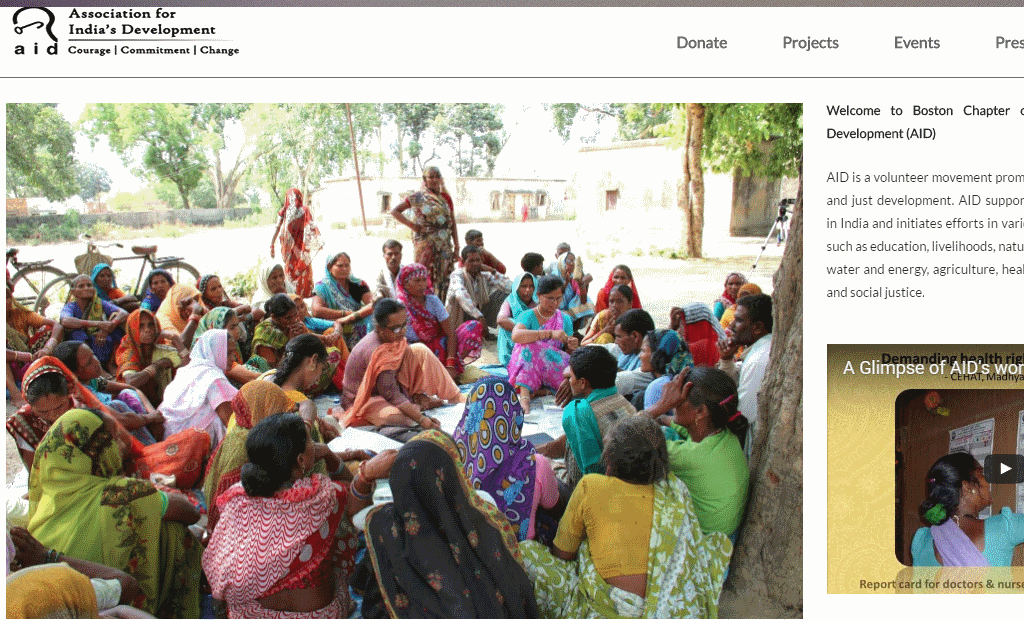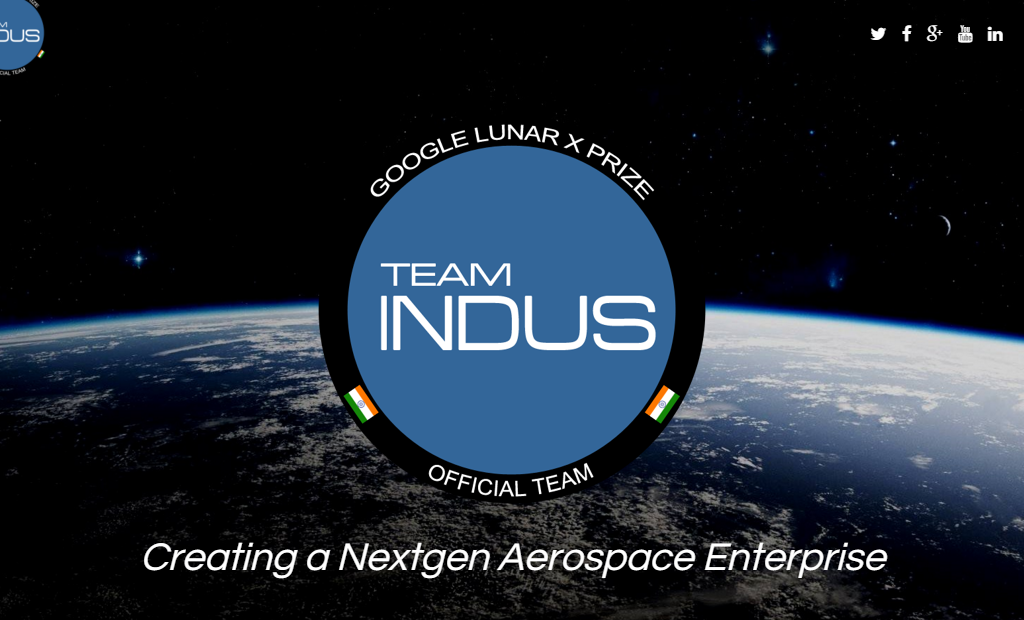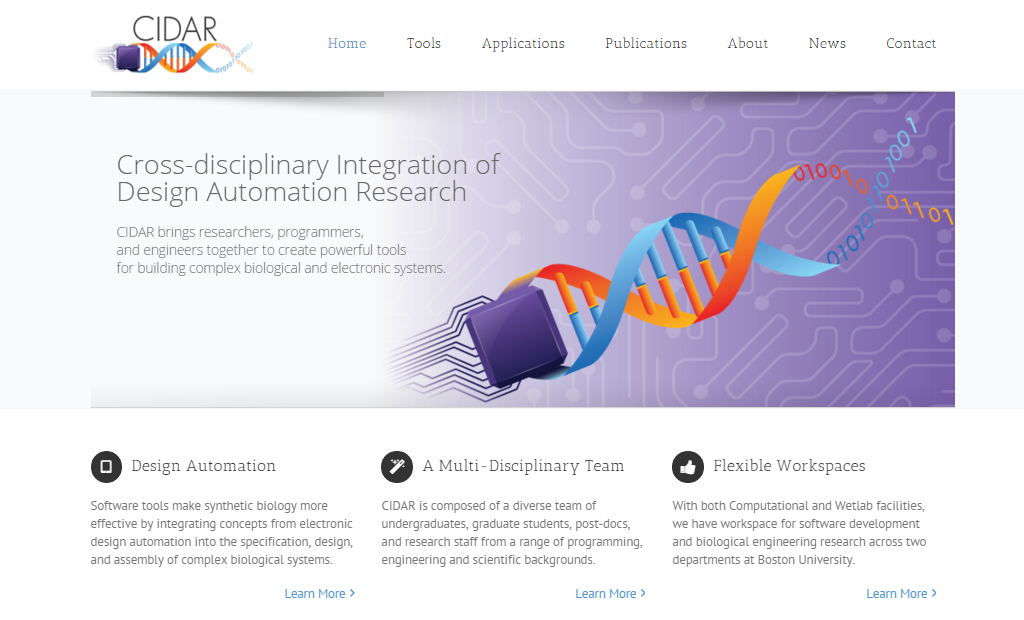Fluigi - Microfluidic Design Automation

Fluigi
The Fluigi Project consists of open source tools and open standards that are used for automating design of Microfluidic Chips.

MINT
MINT is standard being developed at CIDAR Lab that is used for specifying Microfluidic devices.
Fluigi Core
The Fluigi Core is set of tools and libraries that can give the user the ability to place and route Microfluidic Devices that follow the MINT standard for specifying netlists and designs.

Neptune
Neptune is the application that ties together the various research projects under the Fluigi umbrella. It’s a part of the work being done as a part of the iGEM 2016 entry into the Hardware Track.

3DuF
3DuF is the first completely open source interactive microfluidic system designer that readily supports state of the art design automation algorithms.

Liquid Flow Relationships (LFR)
LFR is a Domain specific hardware description language inspired by verilog to describe microfluidic architectures.
Vulcan
Vulcan introduces hardware primitives that enables biologists to perform complete biological protocols inside Microfluidics.
Resources
- Master’s Project Presentation PDF PPT
- IWBDA’16 Abstract PDF
- Fluigi Core Source Code Github Repository
- MINT Source Code Github Repository
- Neptune iGEM Wiki
- Neptune Software Github Repository
- Neptune Hardware Github Repository
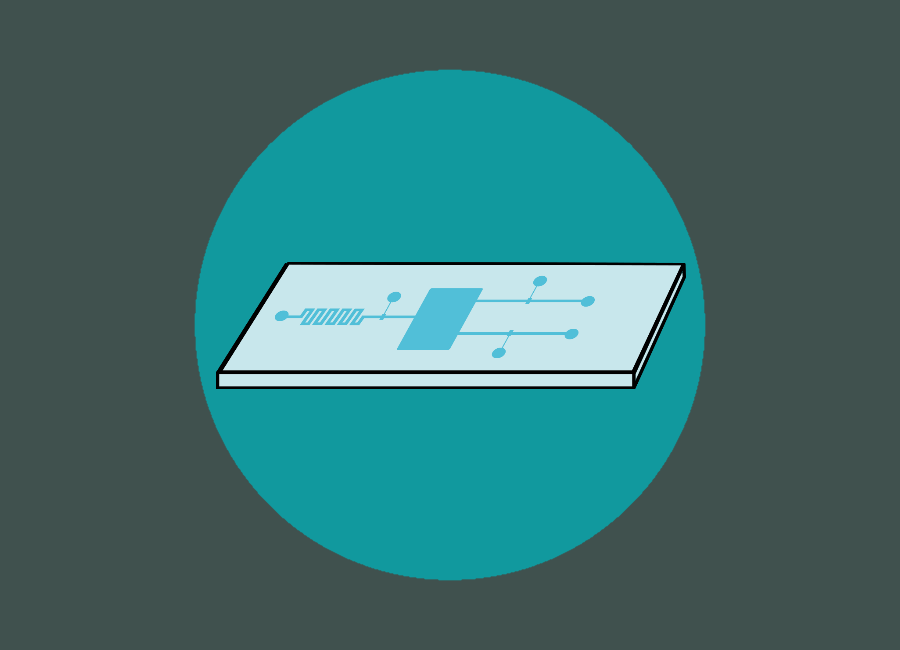
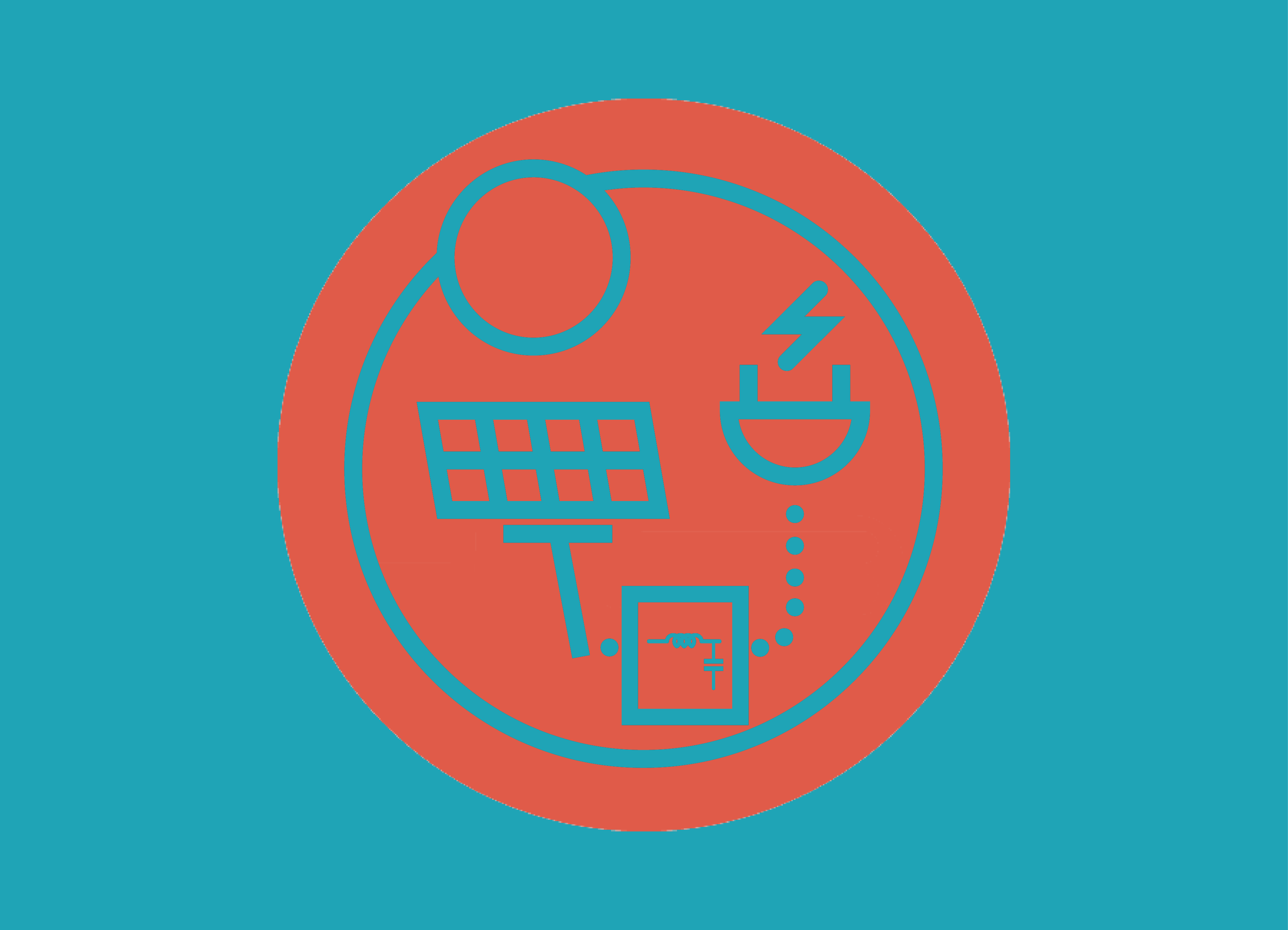 Power Electronics
Power Electronics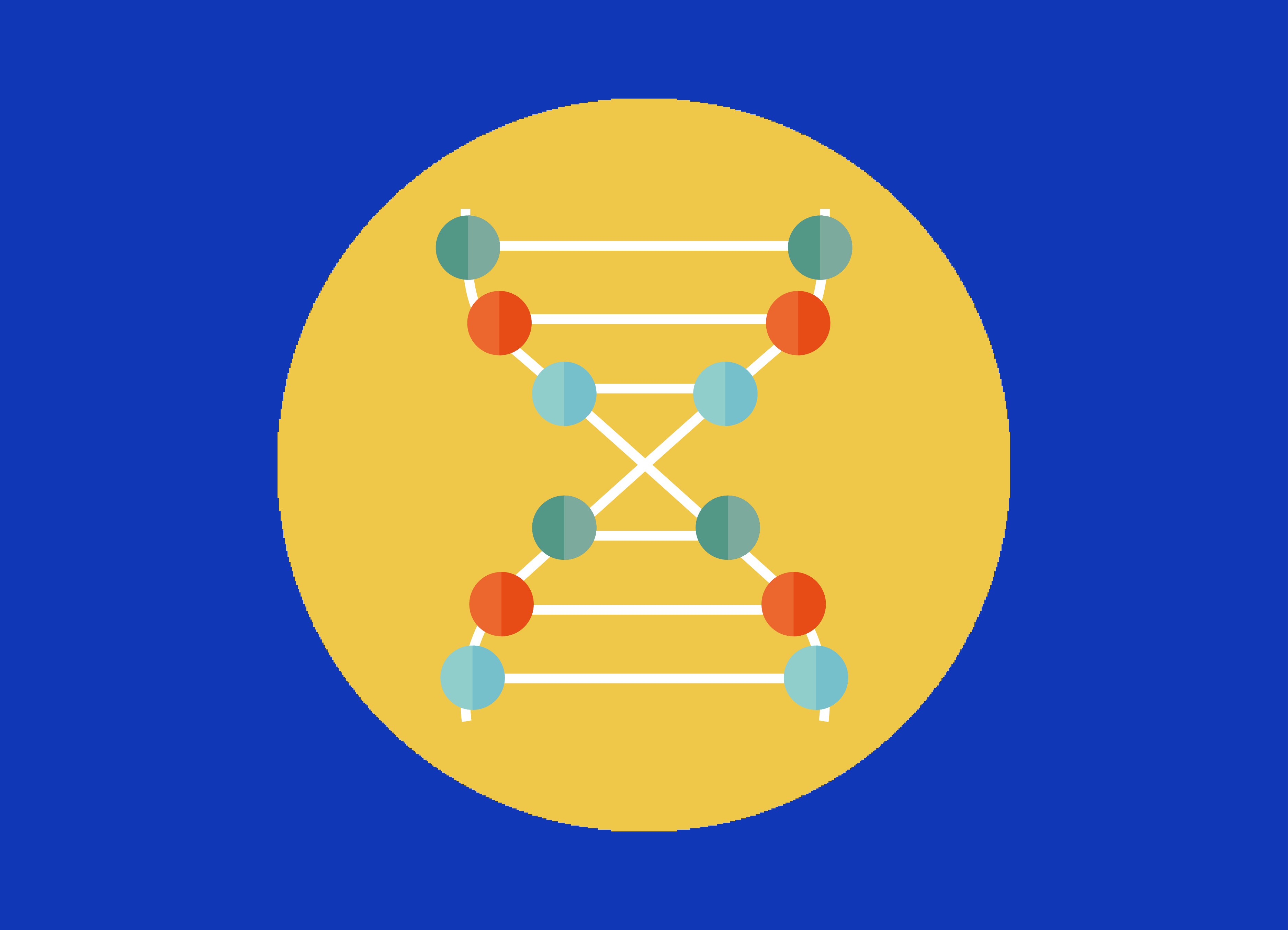 Synthetic Biology
Synthetic Biology Quantum Cryptography
Quantum Cryptography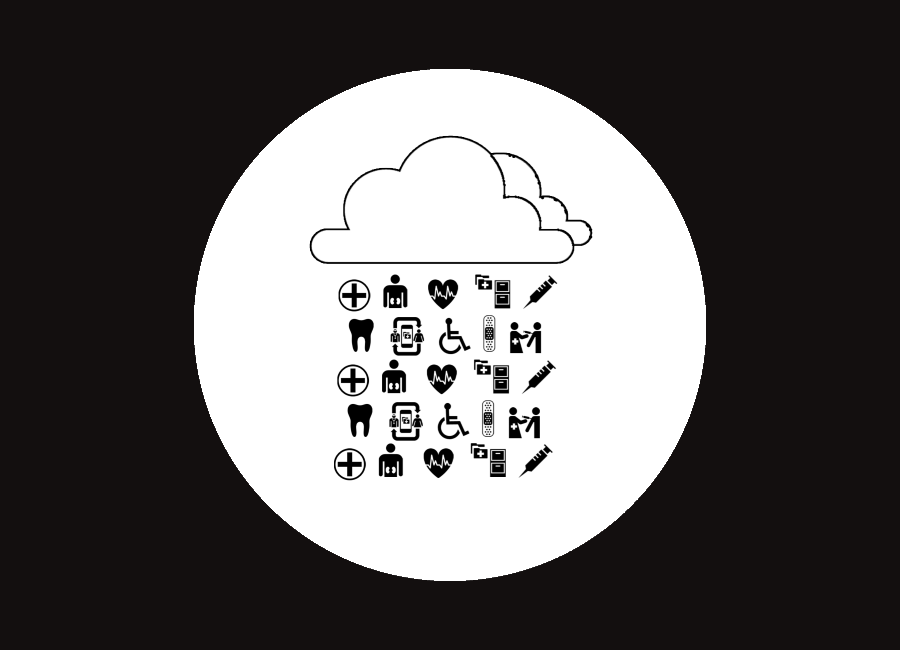 Cloud Scrubs
Cloud Scrubs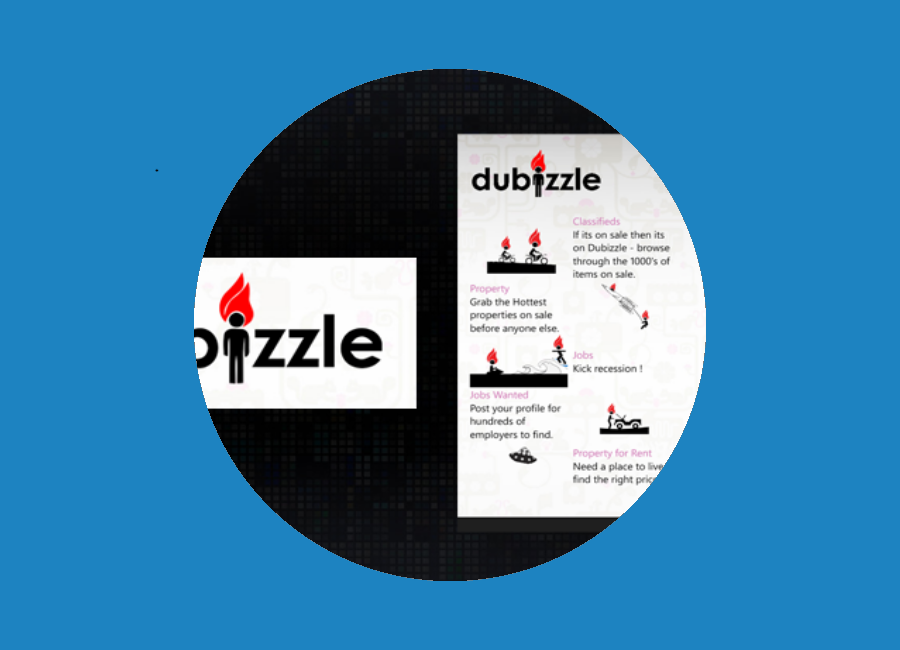 Dubizzle
Dubizzle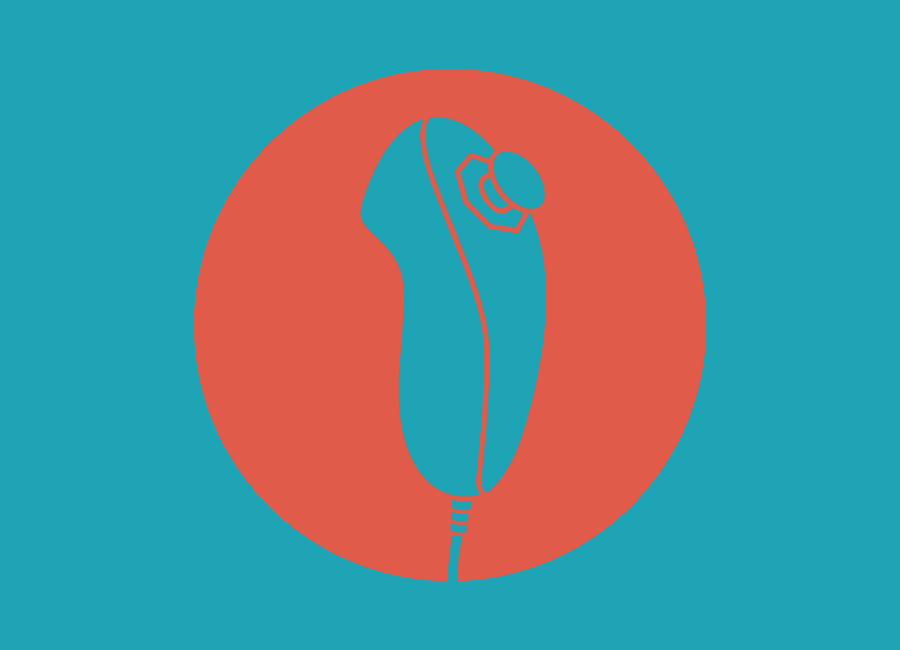 Arduino Nunchuck
Arduino Nunchuck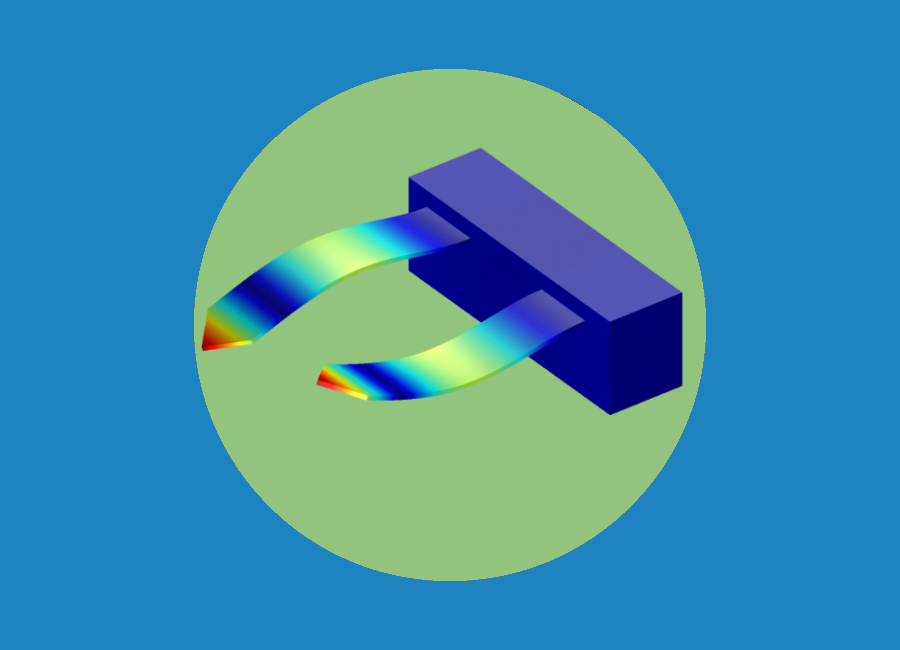 MEMS Mass Sensor
MEMS Mass Sensor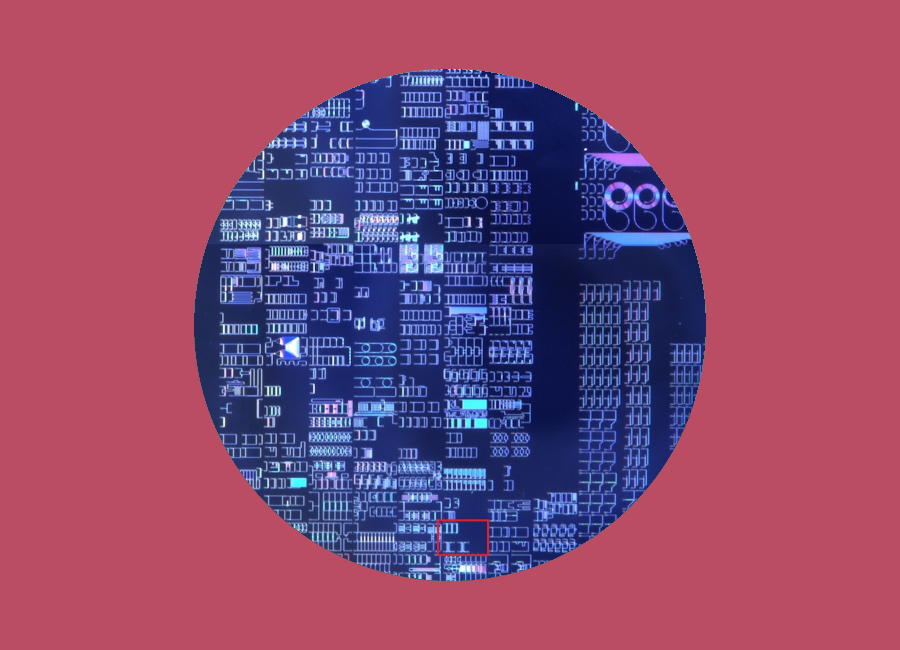 Photonics and Optoelectronics
Photonics and Optoelectronics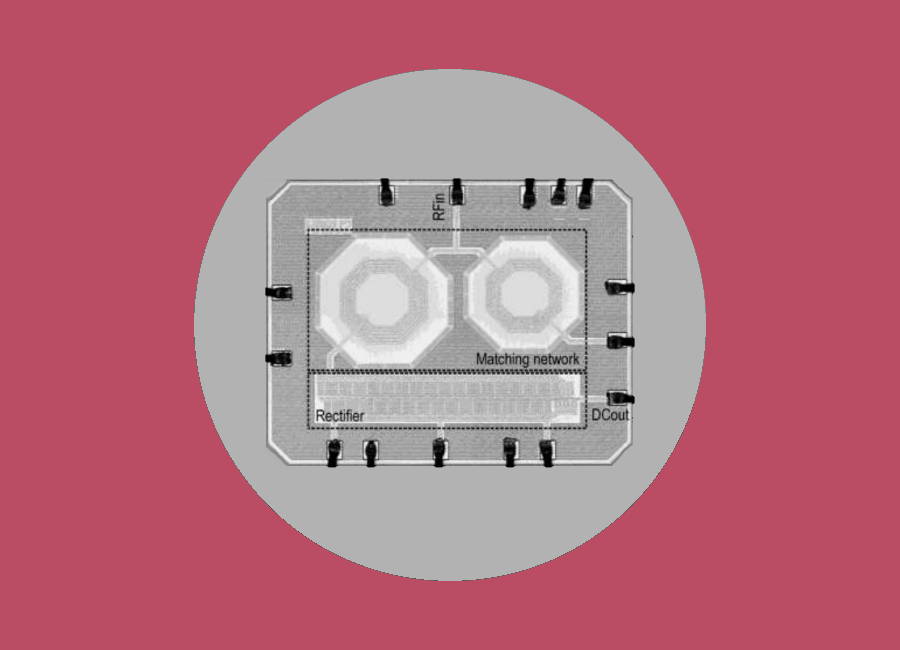 Analog VLSI
Analog VLSI



